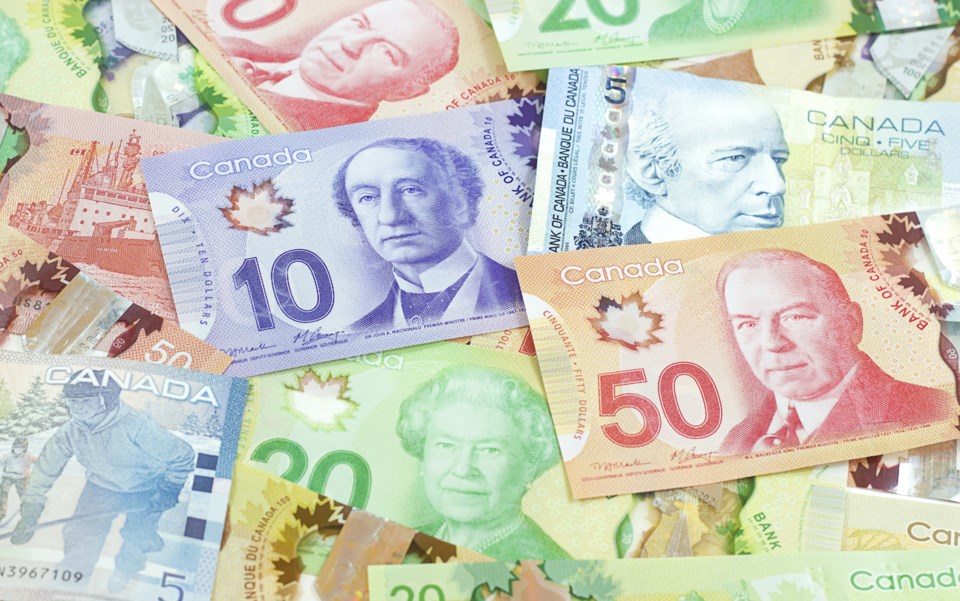THUNDER BAY – Canada’s debt has soared past $1 trillion, pushed over the threshold in large part because of pandemic spending.
The country’s current budget, released this past spring, projected a $354 billion deficit, as the country continues to be hit hard by the aftermath of COVID-19, an issue that doesn’t appear to be going away anytime soon.
Not surprisingly, candidates in Thunder Bay-Rainy River who took part in Thunder Bay Television’s Issues and Answers debate, have mixed reactions to how Canada should move forward in its efforts to keep the country’s financial interests intact, without mortgaging its future.
Liberal incumbent Marcus Powlowski said most economists say now is not the time for austerity, given people’s livelihoods are at stake.
“I think most economists believe this is the time to spend money in order to stimulate the economy. We want to maintain jobs. Certainly a lot of things we’ve done during COVID, in terms of the economic provisions to help businesses, to help individual get through the pandemic – yes we have spent money, but what is the alternative?” Powlowski said.
It’s either the government bearing the debt or risk businesses failing, putting people out of work with little or no recourse.
“We provided the CERB, the emergency business wage subsidies, those kinds of things, to help people get through it. Yes, we have a debt, but the alternative would be a lot worse.”
The NDP’s Yuk-Sem Won said the investments were needed to get through a global health crisis.
“We couldn’t let people lose their homes, not be able to provide groceries, not be able to get medication, etc. that they needed,” she said. “We needed to support that. Going forward, what we need is to have a plan, and having the government and having individuals bear the debt is not a viable plan.
“What we need to do is make the rich, who got richer during the pandemic, make sure they’re paying their fair share. We cannot spend money without having a plan to recoup it.”
Tracey MacKinnon, seeking the seat for the Green Party, argued had a basic income plan been in place nationally, there might not have been need for a program like the Canada Emergency Response Benefit, which provided $2,000 a month to those who lost their jobs because of the pandemic.
Wasteful spending seems to be the norm, she added.
“This would be one huge step,” MacKinnon said. “The $600 million that was spent on the election, how many people like me, living in poverty, would that help?
Though she did not take part in the debate, citing a scheduling conflict, TBNewswatch did reach out to Conservative candidate Adelina Pecchi, who promised her party would unveil a long-term recovery strategy to ensure the country’s future isn’t mortgaged beyond its ability to pay.
It starts with jobs and getting the economy back on track.
“To bring jobs back, provide the means to create new ones, and to get spending under control. We want to keep our innovators and investors here in Canada. We will support Canada's small business owners. We will support them because they create jobs for others. The Liberal government on the other hand has not come through with a long-term plan to support small business owners,” she said in an email response.
A rebuild Main Street tax, that provides a 25 per cent credit on amounts up to $100,000 invested in small businesses and interest-free loans of up to $200,000 will be provided to help small- and medium-sized businesses.
TBNewswatch also reached out to People’s Party of Canada candidate Alan Aubut for comment, but did not receive a response.
Issue and Answers airs on CKPR-Thunder Bay (CTV) on Thursday at 7 p.m. The full session will be posted to TBNewswatch on Friday. The Thunder Bay-Superior North edition can be seen here.
